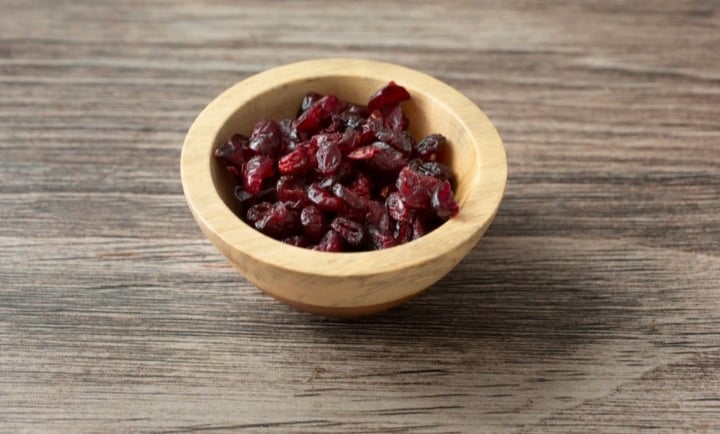Cranberries and the French Middle Class: A Symbol of Healthy Aspiration and Modern Lifestyles
This article explores how the cranberry symbolizes health, aspiration, and modern lifestyles for France's expanding middle class, reflecting global consumption upgrades.
CRANBERRY MENUPRESERVATIONEUQUALITYCRANBERRYSUSTAINABILITYEUROPECRANBERRY PAIRINGSCRANBERRY SUPPLIERSMIDDLE CLASSHEALTHCRANBERRY PRODUCTSFRANCE
10/22/20252 min read


Cranberries and the French Middle Class: A Symbol of Healthy Aspiration and Modern Lifestyles
The modest cranberry, a tart, ruby-red fruit native to North America, has quietly blossomed into an unlikely symbol within France. Beyond its traditional use in holiday sauces, the cranberry is now a feature in the shopping baskets of the nation's burgeoning middle class, representing more than just a culinary choice—it embodies a shift toward health-conscious aspiration and modern, globalized lifestyles.
The Allure of "Le Bien-Être" (Well-being)
For the expanding French middle class, which is increasingly urbanized and financially secure, consumption has evolved beyond mere sustenance to include an investment in le bien-être (well-being). Cranberries fit neatly into this narrative. They are widely lauded for their high concentration of antioxidants and purported benefits for urinary tract health.
This focus on preventative health marks a significant consumption upgrade. Unlike traditional French gourmandise (indulgence), the consumption of cranberry products—be it dried fruit, juice, or snack bars—signals a proactive, informed approach to diet. It demonstrates a capacity and willingness to choose premium, imported ingredients based on perceived functional health benefits, moving beyond cheaper, local fruit options.
The choice of cranberries is, in effect, a status symbol—not of overt wealth, but of sophisticated knowledge and modern dietary discernment. It suggests a consumer who reads international health literature and aligns their choices with global wellness trends, reflecting a modern sensibility that values longevity and vitality.
Modernity and Global Gastronomy
The cranberry's foreign origins further cement its appeal as a sign of a modern, open worldview. While France is rightly proud of its terroir and regional produce, the middle class is increasingly receptive to globalized gastronomy. Adopting the cranberry into their diet is an act of cultural integration, demonstrating a comfort with products sourced from North America, a region often associated with innovation and health-food trends.
The consumption pattern is often linked to the adoption of convenience-oriented, Anglo-Saxon eating habits: the cranberry is perfectly suited for on-the-go snacking, breakfast cereals, and modern baking—lifestyles that contrast with the slow, traditional, three-course French meal. In this sense, choosing the cranberry is an embrace of efficiency and convenience, hallmarks of a busy, professional middle-class life.
The Marketing Mechanism: Lifestyle Branding
Cranberry product marketing in France rarely focuses on the fruit's agricultural history; instead, it centers on lifestyle branding. Advertisements often feature sleek packaging, vibrant, modern imagery, and associations with fitness, busy work schedules, and a joie de vivre (joy of living) rooted in feeling good.
The price point of quality cranberry products—often higher than local fresh or dried fruits—reinforces its aspirational standing. It positions the fruit as a premium ingredient, accessible to those who have achieved a degree of financial comfort and are actively engaged in upgrading their daily consumption habits. This aligns with a broader trend where the French middle class is prioritizing quality and perceived value over mere quantity or low cost across numerous categories, from organic produce to high-tech gadgets.
Ultimately, the cranberry is more than just a tart berry in France; it's a small, ruby-red marker of a significant social and economic trend. It reflects a population segment that is financially stable, health-aware, and confidently engaged with the global market, using their consumption choices to both support their well-being and signal their adherence to a modern, aspirational lifestyle.
Connect
Your source for the finest cranberries worldwide.
© 2024. All rights reserved.
